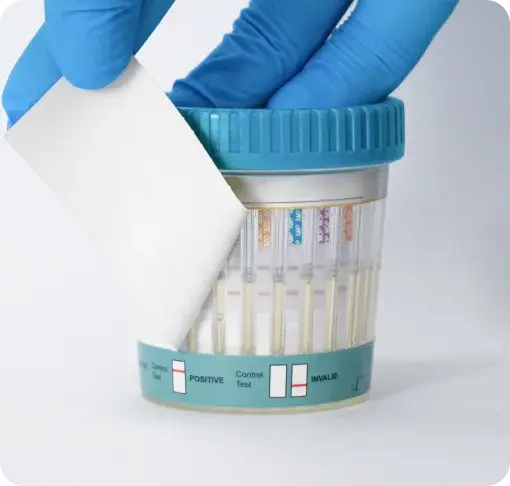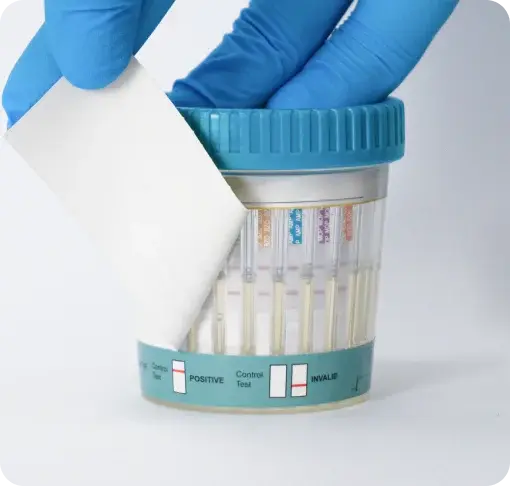Unlocking Personalized Psychiatry: How PGx Testing Enhances Treatment for Key Medications
Pharmacogenomic (PGx) testing is revolutionising the field of psychiatry by providing personalised insights into how patients metabolise and respond to medications. Here, we highlight five key psychiatric medications where PGx testing has significant implications for treatment efficacy and safety.

1. Citalopram (Celexa)
Citalopram, a selective serotonin reuptake inhibitor (SSRI), is commonly prescribed for depression and anxiety disorders. PGx testing is crucial for this medication due to its metabolism via the CYP2C19 enzyme. Variants in the CYP2C19 gene can influence the drug's effectiveness and risk of side effects.
CYP2C19 Variants: Patients with poor metabolizer status may experience higher plasma levels of citalopram, increasing the risk of adverse effects such as QT prolongation, while ultra-rapid metabolizers may require higher doses to achieve therapeutic effects.
2. Aripiprazole (Abilify)
Aripiprazole is an atypical antipsychotic used to treat schizophrenia, bipolar disorder, and as an adjunct in major depressive disorder. Its metabolism is primarily mediated by CYP2D6 and CYP3A4 enzymes.
CYP2D6 Variants: Poor metabolizers may have increased plasma levels, leading to a higher risk of side effects such as extrapyramidal symptoms and akathisia. Dosage adjustments or alternative medications may be necessary for these patients.
3. Fluoxetine (Prozac)
Fluoxetine, another SSRI, is widely used for treating depression, obsessive-compulsive disorder, and other mood disorders. Its metabolism involves the CYP2D6 and CYP2C9 enzymes.
CYP2D6 Variants: Poor metabolizers can experience increased side effects, while ultra-rapid metabolizers may not achieve the desired therapeutic effect. PGx testing can help optimize dosing and improve treatment outcomes.
4. Venlafaxine (Effexor)
Venlafaxine is a serotonin-norepinephrine reuptake inhibitor (SNRI) used for major depressive disorder, anxiety, and panic disorder. Its metabolism is heavily influenced by the CYP2D6 enzyme.
CYP2D6 Variants: Poor metabolizers may have higher levels of the drug, leading to an increased risk of side effects such as hypertension and serotonin syndrome. PGx testing helps tailor the dose to the patient's genetic profile, enhancing efficacy and safety.
5. Amitriptyline (Elavil)
Amitriptyline is a tricyclic antidepressant used for depression, chronic pain, and migraine prevention. It is metabolised by CYP2C19 and CYP2D6 enzymes.
CYP2C19 and CYP2D6 Variants: Patients with poor metabolizer status for these enzymes may experience higher drug concentrations, increasing the risk of adverse effects such as sedation and cardiac toxicity. PGx testing can guide dose adjustments or the selection of alternative therapies.
Conclusion
Pharmacogenomic testing provides invaluable insights into individual genetic variations that affect drug metabolism and response. By incorporating PGx testing into psychiatric care, clinicians can tailor treatments to each patient's genetic profile, improving medication efficacy and reducing the risk of adverse effects. At AttoDiagnostics, we are dedicated to providing advanced PGx testing services to support personalised and effective psychiatric care.
For more information on our PGx testing services and how they can benefit your practice, please request a quote and one of our team will get in touch.

